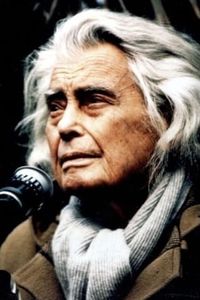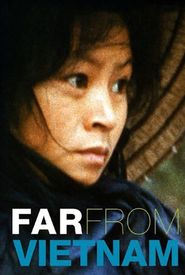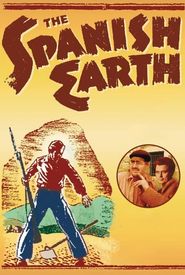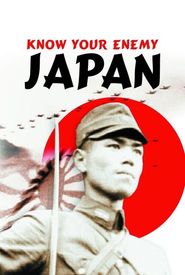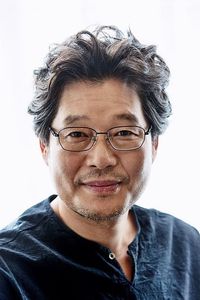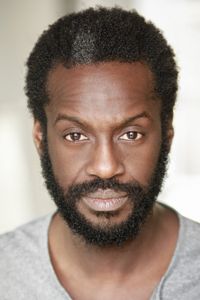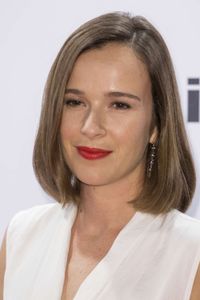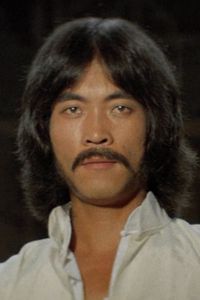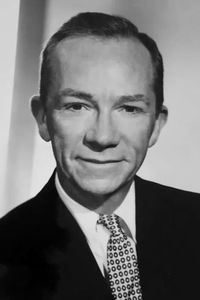Joris Ivens, a renowned filmmaker, was born to C.A.P. Ivens, the proprietor of the esteemed CAPI photography shop in Nijmegen. The young Ivens, with the assistance of his father's employees, embarked on a creative journey, producing the short film De wigwam in the 1910s. This ambitious project featured his parents, brothers, and sisters in various roles.
Ivens pursued a dual path, studying both economics and photography. By the late 1920s, he emerged as a pivotal figure in the Dutch avant-garde film movement. As a technical consultant, he collaborated with the Filmliga, and his innovative work on films such as De brug and Regen solidified his reputation as a pioneering avant-garde filmmaker.
In addition to his technical expertise, Ivens founded Studio Joris Ivens, a platform that provided a nurturing environment for young and enthusiastic filmmakers to hone their craft. This studio served as the incubator for experimental film in the early 1930s, fostering a new generation of creative talent.
As Ivens' career progressed, he evolved into a prominent political filmmaker, producing a series of groundbreaking documentaries that showcased his mastery of the medium. Notable examples of his work include Borinage, Spanish Earth, and Indonesia Calling!, which cemented his status as a leading documentary filmmaker.
